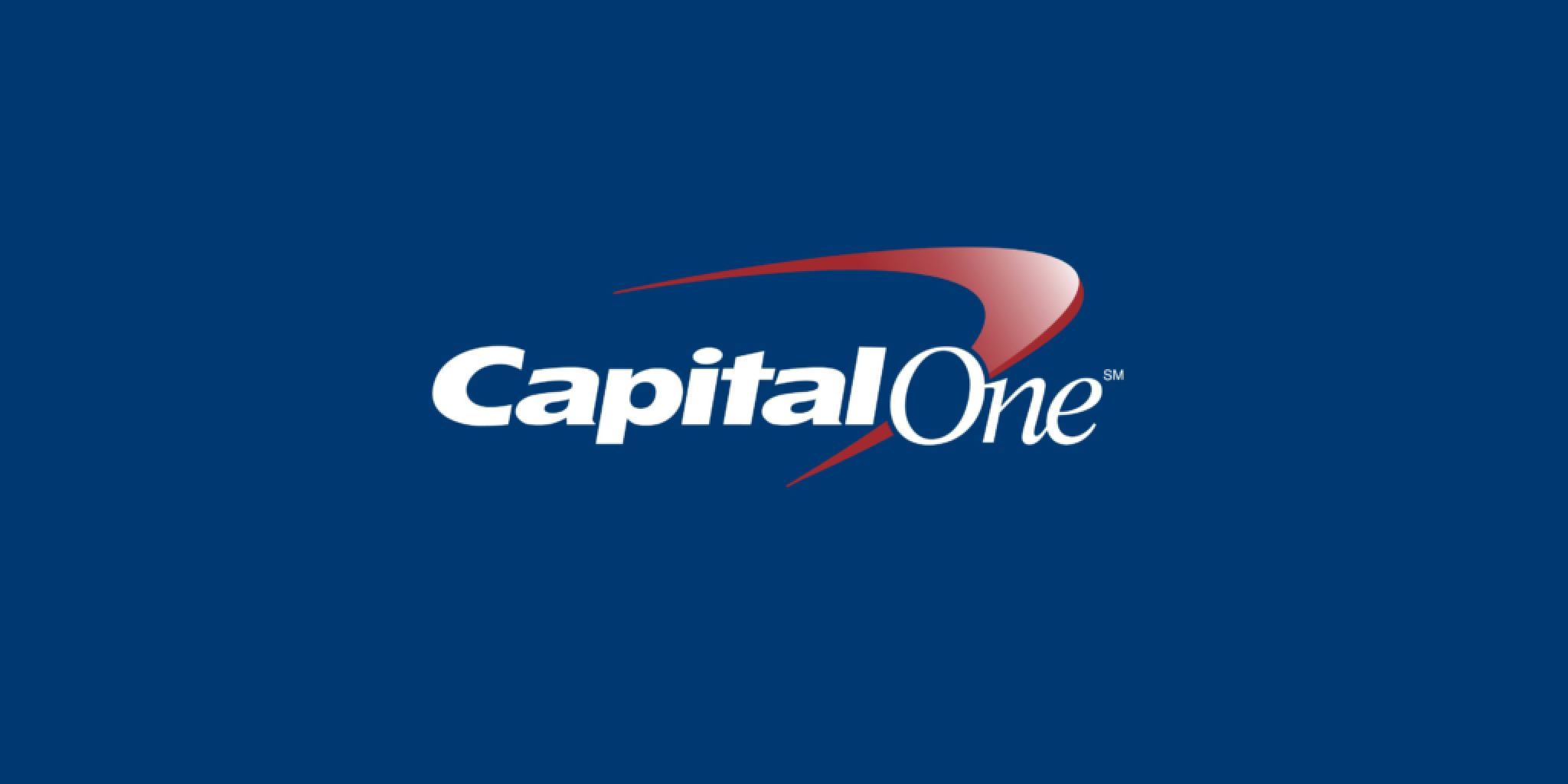Photo by Juliane Liebermann on Unsplash
Hello there 👋
You haven’t heard from me in a while and that is due in no small part to the fact that my life has changed in a big way recently. About six months ago, my wife and I welcomed our first son to the world.
Unsurprisingly, this has caused a certain amount of introspection on my part. As I’ve reflected on the experience of becoming a parent, I’ve found that parenting hasn’t necessarily taught me a bunch of things I didn’t know, as much as it has absolutely hammer home many concepts that I (thought I) already knew. Here are some of the biggest lessons I’ve learned (or relearned) after six months of parenting.
It’s better to do the hard thing now, rather than hoping it will go away
Problems don’t tend to go away just because we wish they would. I don’t know if there is any other lesson that parenthood makes more clear. Your kid’s diaper isn’t going to become less dirty if you leave it. If your kid is hungry, waiting and hoping won’t make them less hungry. Rolling over and wishing they will stop crying in the middle of the night rarely pans out (though this is becoming less true with the advent of Son’s increasing self-soothing prowess).
No matter how much you may want a problem to go away, it often won’t cooperate. Usually, the problem just gets worse. Full diapers cause rashes. Crying babies struggle to latch. A bit of fussiness quickly becomes a full-on galactic meltdown.
The best approach I’ve found is to just get yourself used to doing the hard thing right away. Don’t get me wrong, it’s still unpleasant, but both Son and I are almost always better off if we just get the hard thing over with instead of dragging it out hoping it will go away.
This lesson holds true for life. Procrastination has never made anything better. If something needs doing, better to suck it up and bite the bullet as opposed to hoping it will fix itself.
Growth is non-linear
Parenting is the ultimate lesson that progress is often two steps forward and one (or two or even three) steps backward. Each time you feel like you've made a breakthrough you can be sure there is some sort of regression lying in wait around the corner.
If we are honest, I think we will all admit that life tends to follow a similar pattern. A constantly repeating series of incremental gains and intermittent backslides. It may feel like a roller coaster in the moment, but the key is to keep pushing through. It is only in hindsight that you can chart out the continual trend of progress over time. Whether we are talking about exercise, reading, relationships, faith, learning a new language, or careers, things always feel hardest in the moment and look best only when you take the time to zoom out and compare yourself today to where you were in the past.
Comparison is the death of Joy (and parental sanity)
Speaking of comparison, parenthood is an area where it is so easy to drive yourself crazy comparing you/your kid to others. Everyone else seems to have everything figured out. They seem to have perfect babies that never cry,sleep on command, and eat enough to be nurtured but not so much that you feel like you have to constantly be feeding them. There is so much pressure on parents to be perfect (especially moms). We all of course want what is best for our kids, so we look up the best approach for every possible scenario. For each individual thing, whether it be food or sleep, it may be within our power to optimize for that recommended approach, but it’s impossible to do that for every single aspect of a human life. You have to pick and choose the things that you really care about and what is important to you. As with parenting, so with life (sensing a theme here?). If you try to be perfect at everything, you’ll struggle to be good at anything. You have to prioritize the things that are most important and be ok with letting other things go or -gasp- just being ok at something.
The Art of Flexible Prioritization
This brings me to my next lesson. Parenthood has forced me to learn the art of flexible prioritization. Prior to becoming a parent, I relied on lots of structure, systems, and planning in order to be productive. The only way I could maintain discipline was by waking up at the same time every day, having the exact same morning routine, reading my bible in the same little study corner, doing the same kind of exercise.
And you know what? It worked pretty darn well. This approach has been awesome for someone like me who is great at building habits and terrible at exhibiting willpower in the moment.
The issue with this approach is that it is extremely fragile to exogenous shocks. My perfect little ideal structure for my days would work great on perfect little ideal days, but the issue is that perfect little ideal days don’t come around all that often. The second that real life would actually happen, all of my structure would go out the window. Vacation? Sickness? New job? Any road bump and I’d feel like I had to start back at square one.
Having a kid is the ultimate shock to the system. Allegedly, at some point we will be able to build routines and have very specific structure but for now, our life is much more jazz than sheet music. I’ve found that the best way to handle this is to adopt a new principle-based way of orienting my life. Instead of prescribing that I am going to be doing X at X time and Y at Y time, I now have a list of things that I prioritize. I know I want to get to them, but I try to be flexible in terms of when I do and how they look.
I call the following my “ordinal priorities”. They order how I try to invest my time. Their order doesn’t necessarily reflect their relative importance, but more the optimal path to ensure I am giving my best to the areas that need it.
🤲Faith
If I don’t take care of my spiritual health and relationship with God, I can’t be the leader my family needs me to be
🏋️♀️Health
If I don’t take care of myself physically, mentally, and emotionally I can’t be at my best for my family
👫Husband
If I focus on enabling Caitlyn to flourish, she will ensure that our family thrives
👨👩👦Father
If I focus on being present, emotionally available, and earnestly seek to be a good parent, my son will turn out well, despite the fact that I am going to make mistakes as a parent
👷♂️Builder/Writer
If I focus on following my curiosity and working on my craft as a builder/writer then I will feel professionally fulfilled.
I know I am only at my best after I've exercised so every single day I prioritize getting some form of exercise in. On an ideal day when things are going well, that looks like lifting weights for 45m-1hr, but ideal days don't happen every day. Some mornings are tough and I have an early meeting or we are in a rush to get to church. With my prior structure, this would've meant I wouldn't work out at all that day. Now I try not to sweat it and make sure to get a quick 30-minute run or yoga session later in the day.
There’s a certain way I like to do things, but not every day is an ideal day, and being flexible, allows me to invest in my priorities, and to fulfill the needs I have for myself and my family without over-indexing on exactly how it looks in the ideal set of circumstances, because I know many days won’t be ideal
We are on the same team
My wife and I spoke a lot about parenting while she was pregnant. We talked about the kinds of parents we wanted to be. The kinds of parents we had and the behaviors we wanted to emulate. The sort of things we wanted to change from our upbringing. One of the things we talked about was how we would handle inevitable conflict especially when we might both be tired and feeling overwhelmed. During this conversation, my wife said something that has become a mantra for us.
”We are on the same team”
Any time one of us gets frustrated with the other this saying helps us to de-escalate and remember that we are rowing in the same direction. It helps us remember that we are ultimately teammates. That we are both tired and anxious and stressed, but we are working towards the same goal of trying our best to be good people, parents, and partners.
Killing Time-Killers
Having a kid really drives home the value of time. Instantly, a meaningful portion of the time you had for yourself just disappears. Don’t worry would-be parents, it is not as if free time is a thing of the past, just that the time you do have for yourself is much more limited. I’ve found it crucial to intentionally make an effort to kill the time killers in my life. I have realized that those little things I would do because I wanted to “just chill” or because I “had nothing better to do” can so easily become the only things I do in my precious free time if I let them.
The wonderful silver lining of having less free time is that the time you do have becomes so much more precious. If I am going to have any chance of investing into the priorities I outlined above, I have to be laser-focused on making time for them. The stakes are simply too high to spend every night vegging out in front of the TV or mindlessly scrolling social media.
For me, the biggest culprits were YouTube and Twitter. These were the sites I would open up when I wanted to “zone out” or “do nothing”. Now I haven't cut these sites out cold turkey. If someone shares a Twitter thread with me or if I want to look up a how-to video on something, I can still access them, but I've blocked them on my phone and computer so the effort required is much higher. High enough that they aren't what I immediately turn to whenever I have a free second.
The Joys of Living in the Moment
The lesson most imprinted on me after six months of parenting is the joy of living in the moment. It’s always been easier for me to focus on where I’m going than where I currently am. One example was how I spent the majority of my professional career aiming at going to Wharton for my MBA. It was a goal I had for so long, and I worked and worked towards it for years. The day I got in and got to tell my parents I’d been accepted was a moment that I am going to cherish forever. It was a culmination of so much hard work and effort, but guess how long I enjoyed it.
A day? Maybe two?
Instead of taking time to relish my achievement, I immediately started to think about my classes, how I would optimize for internships, and what my post-graduation career path would be. I had reached the mountaintop I had so long aimed for, but rather than taking time to enjoy the view, I headed straight for the next mountain to climb.
To some degree, I think this is just part of the human condition. We are wired to think about what’s next, and I think this is especially true for ambitious people. It’s so easy to think of goals as a checklist and once you check one off, you’re thinking about what comes next. The danger of always focusing on what comes next is that so much of the joy of life is being present in the little moments. When I look back on my most cherished memories, they’re often not what you’d expect to make the highlight reel. They are time spent being present with people. Enjoying relationships, conversations, and the outdoors. Little everyday moments are often the memories that have the most lasting impact on us.
When you have a kid it’s amazing how your world just shrinks. All of a sudden the mindshare you used to give to your career ambitions, your five-year goals, and your next vacation just disappears. Your time horizon shrinks down to the next day, the next hour, the next minute. Suddenly, (and in some cases by sheer necessity) you’re forced to live in the moment and just focus on what you need to be doing right now. After our son was a couple of weeks old, we started being able to think ahead a little bit. Starting to plan for the next day and maybe even next week. Even though we can now plan a bit further ahead, it has still been such a joy and relief to shrink the aperture down to focus more on the here and now. This sense of presence has been so refreshing and it’s something that I want to take with me even as we get into more of a routine with our family and are able to think more long-term.
Prior to having a kid my biggest anxiety was that if I took my foot off the gas, I’d never be able to put it back on. What I realize now, is that just because you set some ambition on the shelf doesn’t mean it’s gone forever. It just means that right now, you’re where you’re supposed to be and that down the road, when the time is right, you can pick that goal back off the shelf.
And that’s what I am doing today. Over the past year or so, as I have experienced some of the biggest changes of my life, I’ve become more and more sure that my calling revolves around two things. Building and writing. At points over the last six months this realization has stressed me out as I inevitably failed to do it all. After many conversations with my wife, and a miniature existential crisis or two, I decided to give myself 6 months of solely focusing on Son and our new little family. Six months to not stress out about writing or building. To not think about what my career was going to look like or what impact I was going to make on this world.
I write these words on Son’s six month birthday. I am still not 100% sure what I will be writing and building, just that I am going to be more intentional with my limited free time to write and build. And hopefully, I will figure out exactly what that means somewhere along the way.
Thanks for being part of the journey and hopefully some of these lessons learned can help all of us be, not only better parents, but better people.
Until next time,
Erik









































